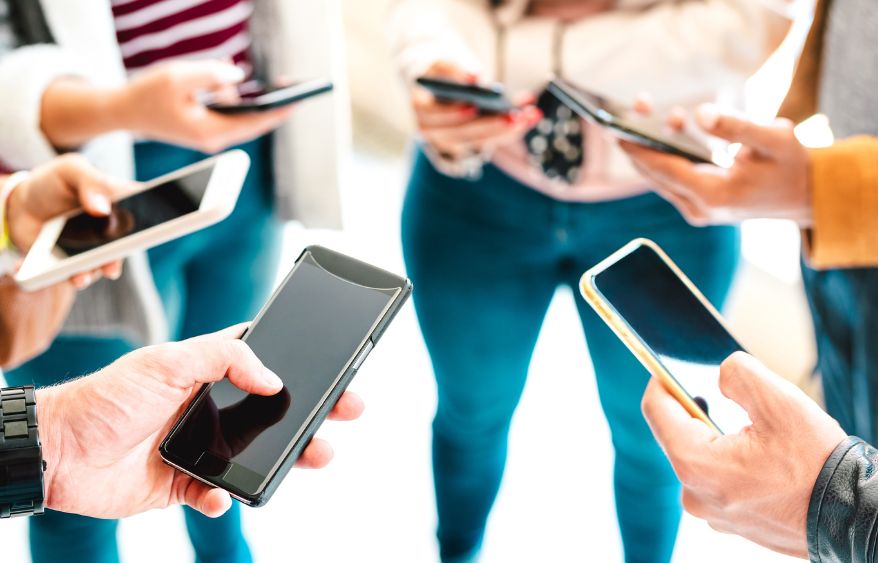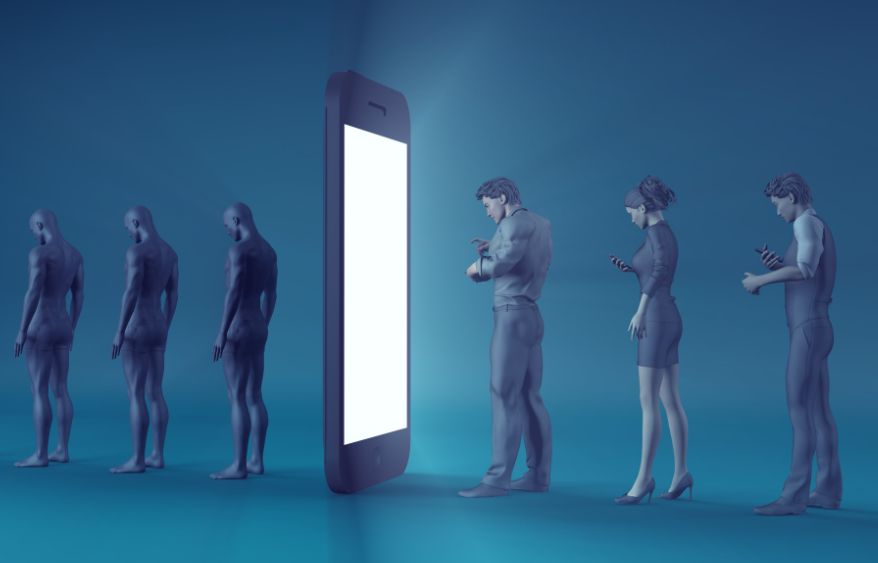The advent of smartphones has undoubtedly transformed the way we live, work, and interact with the world around us. Jean M. Twenge, a prominent psychologist and author, delves into the effects of smartphones on the younger generation in her thought-provoking book, “iGen: Why Today’s Super-Connected Kids Are Growing Up Less Rebellious, More Tolerant, Less Happy—and Completely Unprepared for Adulthood.”

Contents
Understanding “Impact of Smartphones on a Generation”
Before delving into the impact of smartphones, it’s crucial to understand the context provided by Jean M. Twenge in her book “iGen.” Twenge coined the term “iGen” to refer to the generation born between 1995 and 2012, also known as Generation Z. She believes that this generation’s upbringing is profoundly influenced by their exposure to smartphones and digital technology from a young age.
The Smartphone Revolution
Smartphones have become an integral part of daily life for the iGen. Unlike previous generations, iGen individuals have grown up with the internet constantly at their fingertips. Here are some key observations from Twenge’s book regarding the smartphone revolution:
1. Screen Time Dominance
Twenge highlights the fact that smartphones have become the primary source of entertainment and communication for iGen members. They spend more time on screens, including smartphones, than any previous generation.
2. Social Media’s Influence
The rise of social media platforms coincides with the iGen’s coming of age. Twenge argues that platforms like Facebook, Instagram, Snapchat, and TikTok play a central role in shaping their social lives and self-identities.
3. Delayed Milestones
Twenge points out that iGen members tend to delay traditional milestones of adulthood, such as obtaining a driver’s license, dating, and engaging in face-to-face social interactions. She attributes this delay, in part, to the allure of digital connections.
The Impact on Mental Health
One of the most significant concerns raised by Twenge is the impact of smartphone use on the mental health of iGen members. She presents several compelling arguments and findings related to this issue:

1. Increased Rates of Depression and Anxiety
Twenge cites studies that indicate a rise in self-reported symptoms of depression and anxiety among iGen members. She suggests that excessive screen time and social media use may contribute to these mental health challenges.
2. Loneliness and Isolation
Despite being more digitally connected than ever, Twenge argues that iGen members experience higher levels of loneliness and isolation. She attributes this phenomenon to a lack of genuine face-to-face interactions.
3. Sleep Disruption
The prevalence of smartphones has disrupted sleep patterns among iGen individuals. Twenge highlights the adverse effects of screen time on sleep quality and duration, leading to fatigue and decreased well-being.
The Decline of Face-to-Face Communication
Twenge points out a significant shift in the way iGen members communicate. She argues that smartphones have led to a decline in face-to-face interactions, which are crucial for developing essential social skills. Instead, text-based communication and social media have become primary means of interaction.
The Role of Parenting and Technology
Twenge’s analysis extends to the role of parents in shaping the digital lives of their children. She emphasizes the need for responsible parenting in the digital age, including setting screen time limits, fostering offline activities, and maintaining open communication.
Balancing the Perspective
While Twenge’s observations and concerns are thought-provoking, it’s important to acknowledge that the impact of smartphones on iGen members is not universally negative. Smartphones and technology have also brought several positive changes and opportunities:
1. Access to Information
Smartphones provide easy access to a vast amount of information, aiding in research, learning, and personal growth.
2. Connectivity and Global Awareness
Through smartphones, iGen members can connect with peers worldwide, fostering cultural understanding and global awareness.
3. Creative Expression
Smartphones enable creative expression through photography, video creation, and content sharing on platforms like YouTube and Instagram.
4. Educational Apps and Resources
Many educational apps and resources on smartphones can enhance learning and skill development.
The Need for Digital Literacy and Balance
In conclusion, Jean M. Twenge’s book “iGen” raises important questions about the impact of smartphones on a generation. While the concerns about mental health, delayed milestones, and reduced face-to-face communication are valid, it’s essential to recognize that smartphones are tools that can be used positively when combined with digital literacy and responsible usage.
The challenge lies in striking a balance between the advantages of technology and the need for real-world interactions. As iGen continues to navigate the digital landscape, it’s crucial for parents, educators, and society as a whole to guide them toward healthy and mindful smartphone usage while encouraging the development of essential life skills and meaningful relationships.






